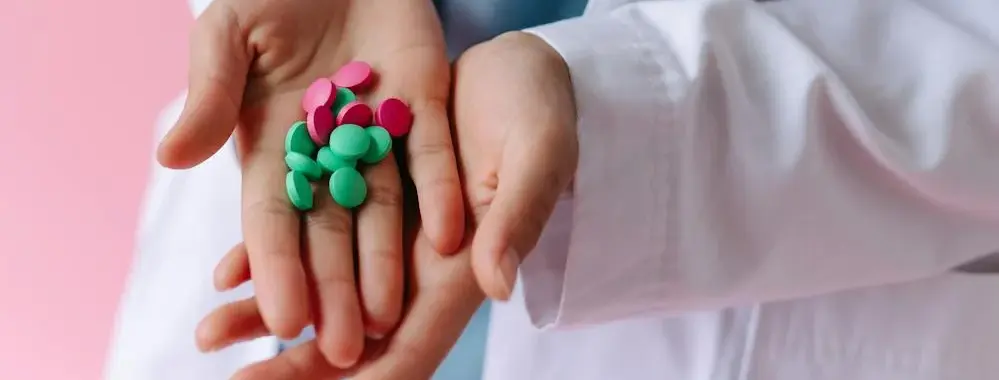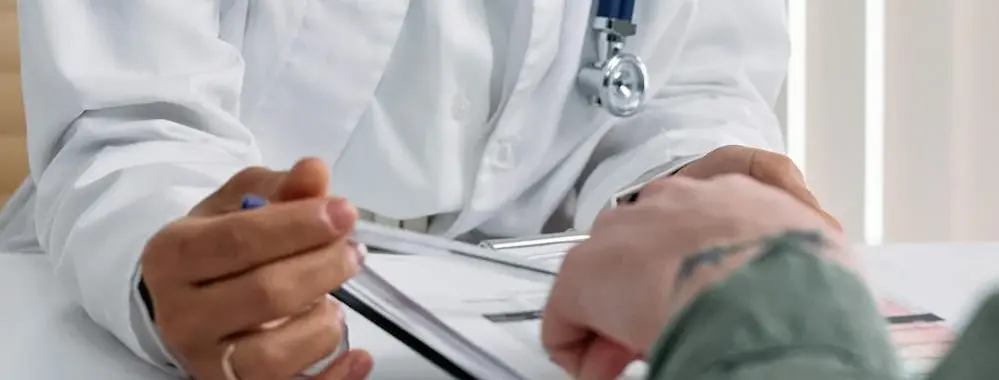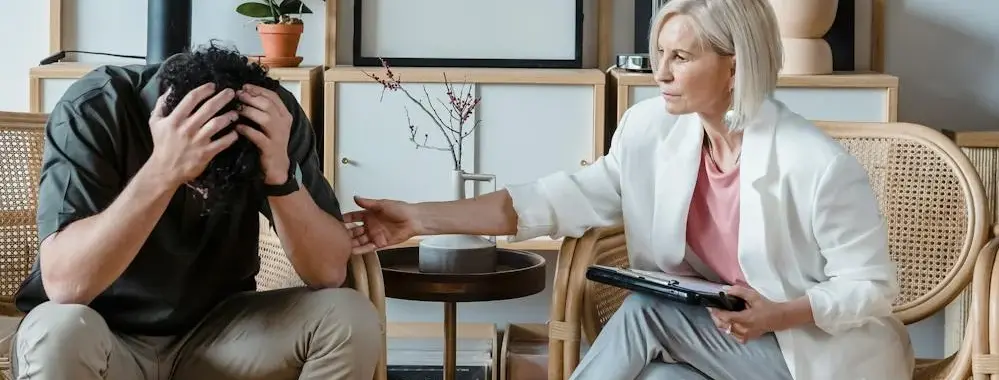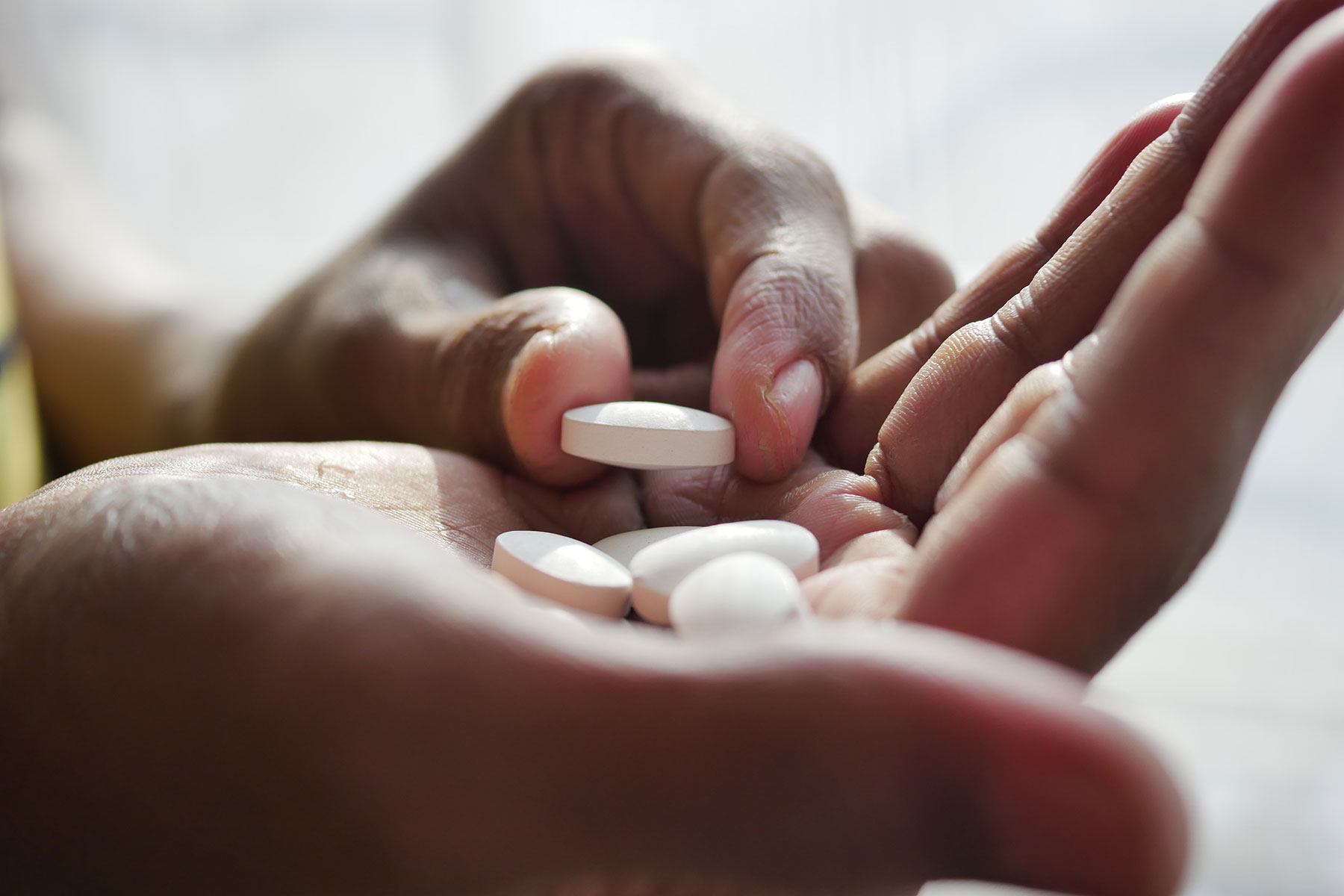Alcohol detox is the first crucial step in overcoming alcohol dependence. When a person stops drinking, their body undergoes withdrawal as it eliminates alcohol from the system.
This process can range from mild discomfort to severe, life-threatening symptoms. Understanding what happens during detox from alcohol can help individuals prepare for the journey ahead and seek the safest approach to recovery.
At CMAR, we offer medically supervised outpatient detox to ensure a safe and effective withdrawal process. This guide will walk you through the detox timeline, symptoms, and treatment options to help you or a loved one take the first step toward sobriety.

What Happens During Alcohol Detox?
Detox from alcohol involves the body metabolizing and eliminating alcohol while adjusting to its absence.
During this time, the nervous system, which has adapted to alcohol’s depressant effects, reacts to the sudden change, leading to withdrawal symptoms.
Alcohol Withdrawal Timeline
The timeline for alcohol withdrawal varies based on drinking history, frequency, and individual health. Below is a general breakdown:
- 6-12 Hours After Last Drink: Mild symptoms appear, such as anxiety, sweating, nausea, headaches, and insomnia.
- 24-72 Hours After Last Drink: This is the most intense withdrawal period, where severe symptoms like tremors, confusion, hallucinations, and seizures may occur.
- 3-7 Days After Last Drink: Symptoms begin to subside, but some individuals experience lingering withdrawal effects.
- Beyond 7 Days: Psychological symptoms such as anxiety, depression, and cravings may persist for weeks or months.
Common Alcohol Withdrawal Symptoms
Withdrawal symptoms vary in severity and can be categorized as:
- Mild Symptoms: Headache, nausea, sweating, irritability, trouble sleeping, and rapid heartbeat.
- Moderate Symptoms: Increased blood pressure, confusion, mood swings, hallucinations.
- Severe Symptoms (Delirium Tremens – DTs): Seizures, extreme confusion, rapid heartbeat, high fever, severe agitation, and life-threatening complications.
Seeking medical supervision during detox helps prevent dangerous withdrawal complications and ensures proper management of symptoms.
What Happens to Your Body When You Stop Drinking?
When you stop drinking, your body begins to repair itself from the toxic effects of alcohol. Here’s what happens during detox:
- Brain Recovery: Alcohol alters brain chemistry; detox allows neurotransmitters to rebalance, improving cognitive function and mood.
- Liver Regeneration: The liver starts to repair itself, reducing inflammation and fat buildup.
- Cardiovascular Benefits: Blood pressure stabilizes, reducing the risk of heart disease.
- Digestive Improvements: The stomach lining heals, improving digestion and nutrient absorption.
While physical improvements begin within days, long-term recovery requires continued care and support.

What Happens If an Alcoholic Suddenly Stops Drinking?
For individuals with severe alcohol dependence, suddenly stopping alcohol use can be dangerous. This abrupt cessation can lead to Alcohol Withdrawal Syndrome (AWS), which includes:
- Seizures (risk highest within 24-48 hours)
- Hallucinations (auditory, visual, or tactile sensations not based in reality)
- Delirium Tremens (DTs) (a severe condition that includes confusion, agitation, fever, and cardiovascular instability)
Medical supervision is essential for individuals with a history of heavy drinking to ensure a safe and controlled detox process.
What to Eat When Detoxing from Alcohol?
Proper nutrition plays a crucial role in supporting recovery during detox. Here’s what to include in your diet:
Best Foods for Alcohol Detox
- Hydrating Foods: Cucumbers, watermelon, and broth-based soups replenish lost fluids.
- Lean Proteins: Chicken, fish, eggs, and tofu help rebuild muscle and energy levels.
- Complex Carbohydrates: Whole grains, brown rice, and oats stabilize blood sugar levels.
- Electrolyte-Rich Foods: Bananas, oranges, and avocados restore potassium and magnesium levels.
- Vitamin B1 (Thiamine) Sources: Nuts, beans, and fortified cereals support brain function.
Foods to Avoid
- Sugary Snacks & Processed Foods: They can cause blood sugar spikes and crashes.
- Caffeinated Drinks: Can increase anxiety and disrupt sleep.
- Salty & Fatty Foods: May lead to dehydration and digestive issues.
The Role of Medically Supervised Detox
The safest way to detox from alcohol is through a medically supervised detox program, which offers:
- Medical Monitoring: Healthcare professionals track vital signs and symptom progression.
- Medication-Assisted Treatment (MAT): Medications like benzodiazepines help manage withdrawal symptoms.
- Emotional & Psychological Support: Therapy and counseling provide guidance and encouragement.
- Flexible Outpatient Options: CMAR’s outpatient detox program allows patients to detox safely while maintaining daily responsibilities.

Take the First Step Toward Recovery with CMAR
At Colorado Medication Assisted Recovery (CMAR), we provide comprehensive, patient-centered addiction treatment, ensuring that each individual receives the support, care, and resources they need for long-term success.
Why Choose CMAR for Alcohol Detox & Recovery?
Medically Supervised Outpatient Detox: Safe, structured detox with expert medical oversight to manage withdrawal symptoms.
Intensive Outpatient Program (IOP): Up to 90 days of treatment with flexible scheduling, group therapy, case management, and one-on-one counseling to support ongoing recovery.
Medication-Assisted Treatment (MAT): FDA-approved medications, such as Naltrexone and Antabuse, to reduce cravings and prevent relapse.
Trauma-Informed Care: A therapeutic approach that recognizes and treats the underlying trauma that may contribute to addiction.
Family Therapy Program: Rebuild relationships and establish healthy communication with loved ones affected by addiction.
Peer Support & Recovery Groups: Community-based support that fosters accountability, shared experiences, and ongoing encouragement.
A Personalized Approach to Your Recovery
At CMAR, we understand that addiction is unique to each individual, so our approach is tailored to your needs.
Whether you’re beginning outpatient detox, seeking long-term recovery support, or need trauma-informed therapy, we’re here to guide you every step of the way.


































